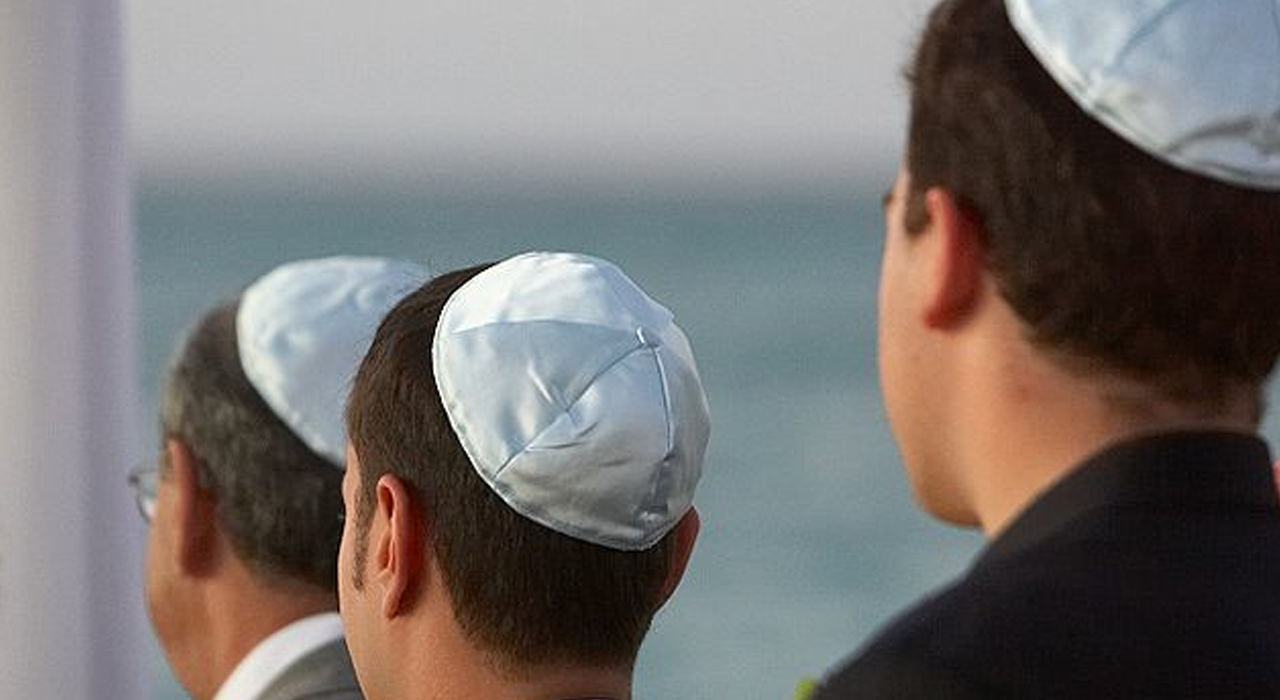In his 1997 work “American Pastoral,” novelist Philip Roth depicts the tragic decline of an assimilated Jew, Seymour “Swede” Levov, and his family in a New Jersey suburb. In doing so, Roth underlines a recurring theme throughout American Jewish literature and a persistent trend in the American Jewish experience: assimilation and the retention of a Jewish identity. Over the last several weeks, a study by the Pew Research Center on the identity of American Jewry has generated a tremendous buzz throughout the Jewish community. The study, entitled “A Portrait of Jewish Americans,” has confirmed the concerns of many American Jewish leaders who see assimilation encroaching on Judaism. The poll’s findings reflect a growing chasm between more traditional Jewish communities — namely Orthodox Jews — and less traditional Jews.
The study paints a comprehensive image of the trend of secularization in American Jewry by religious identity and age, and offers four concrete principles of change for American Jewry. First, regardless of religious affiliation or identity, America’s Jews are not ashamed of their Jewish heritage. In fact, the study notes that “94% of U.S. Jews (including 97% of Jews by religion and 83% of Jews of no religion) say they are proud to be Jewish.” Second, while switching denominations occurs frequently within Orthodox, Conservative and Reform Judaism, it occurs asymmetrically towards less traditional denominations. Third, on a political note, Israel has remained of considerable significance to American Jewry, with “about seven-in-ten Jews surveyed say[ing] they feel either very attached (30%) or somewhat attached (39%) to Israel.” Lastly, as the trends indicate, the future of American Judaism appears significantly more Orthodox. The poll identifies Orthodox Jews as being “much younger, on average, and tend[ing] to have much larger families than the overall Jewish population.” These trends, in conjunction with American Jews’ tendency to increasingly identify with no religion, reflect a complicated picture of the dynamics present in Jewish communities throughout America.
Since the findings’ publication on Oct. 1, a broad spectrum of commentators, with perspectives that run the gamut, have offered their insight into the poll. Among the more interesting analyses was that of Harvard Law professor Noah Feldman. In an Oct. 3 article on Bloomberg.com, entitled “Where Jewish Life Thrives in America,” Feldman emphasizes the growth and success of Orthodox Judaism in America. From Feldman’s perspective, the current trends in Orthodox Judaism are akin to a Jewish renaissance: “What matters for the continuity of Jewish life is quality, not quantity.” Institutions such as the Beth Medrash Govoha, a yeshiva in Lakewood, New Jersey that boasts over 5,000 enrolled students, are cited by Feldman as places where Judaism and Torah learning thrive.
While many, such as Professor Steven Cohen of Hebrew Union College, interpreted the Pew data as a validation of the dangers of intermarriage, others disputed the methodology of the survey. In the Oct. 13 article “Pew Survey About Jewish Americans Got It All Wrong” in the Forward, J.J. Goldberg argues that the survey used to compare the trends in America from 2000-2001 defined Jewish identity more loosely than the Pew survey did. In fact, to Goldberg, the data points are far more cheerful than pessimistic: “one of the biggest surprises in the Pew survey is how many children of intermarriage grew up to be Jewish.”
What is certainly true of the Pew survey is that the picture is increasingly complex; with each data point a multitude of perspectives emerge. And while the trends may seem unequivocally alarming to some, the future is increasingly unclear. On a comparative scale, the portrait of Jews in America is not nearly as bleak as other diaspora communities. A recent survey conducted in nine European countries reveals that nearly half of Jews in Sweden refrain from wearing any symbols that identify them as Jews out of fear of anti-Semitism, while the same is true of 40% of French Jews. These statistics should serve as a reminder of the Jewish experience in America: American Jewish lifestyles and habits are a product of choice, not of anti-Semitic threats of violence. Whatever fate awaits American Jewry, surely they will be able to take it with a good laugh — after all, according to 42% of those surveyed, a good sense of humor is essential to their Jewish identity.

